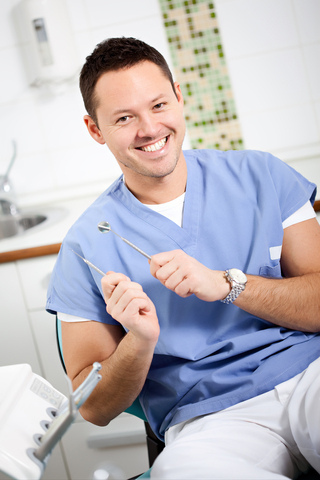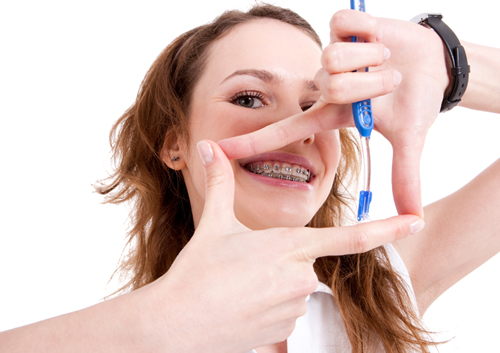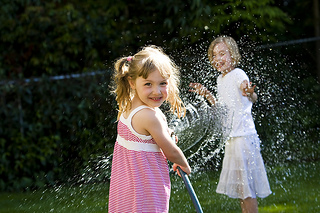What’s so great about an orthodontist?
July 24th, 2024

A lot of our patients are curious about the difference between an orthodontist and a dentist. In fact, one of the most common questions we hear at Mancini Orthodontics is, “Dentists and orthodontists are all the same, right?”
A general dentist is your primary dental care provider. Dentists diagnose, treat, and manage your overall oral healthcare needs, including gum care, root canals, fillings, crowns, veneers, and bridges.
Orthodontists, such as Dr. Kevin Mancini, are more concerned with diagnosis, prevention, interception, and treatment of malocclusion, or what we call “bad bite,” of the teeth. Orthodontists focus on tooth and jaw alignment and bite problems such as overbites and underbites, and are responsible for straightening teeth via bands, wires, braces, and other fixed or removable corrective treatment options, like braces and clear aligners. Orthodontists treat children as well as adults who wish to improve the function of their bite and appearance of their smile.
Before becoming an orthodontist, doctors such as Dr. Kevin Mancini start out in dental school and earn a dental degree, just like your general dentist. After dental school, those doctors who decide they are interested in the orthodontic field, stay in school for a few more years and become experts in orthodontia, which is one of nine specialties within the dental field.
Isn’t it nice to know we have orthodontic experts here at Mancini Orthodontics to help you through any type of treatment your teeth and jaw might need? To schedule your initial appointment at our Hampstead, NC and Jacksonville, NC office, please give us a call today!



